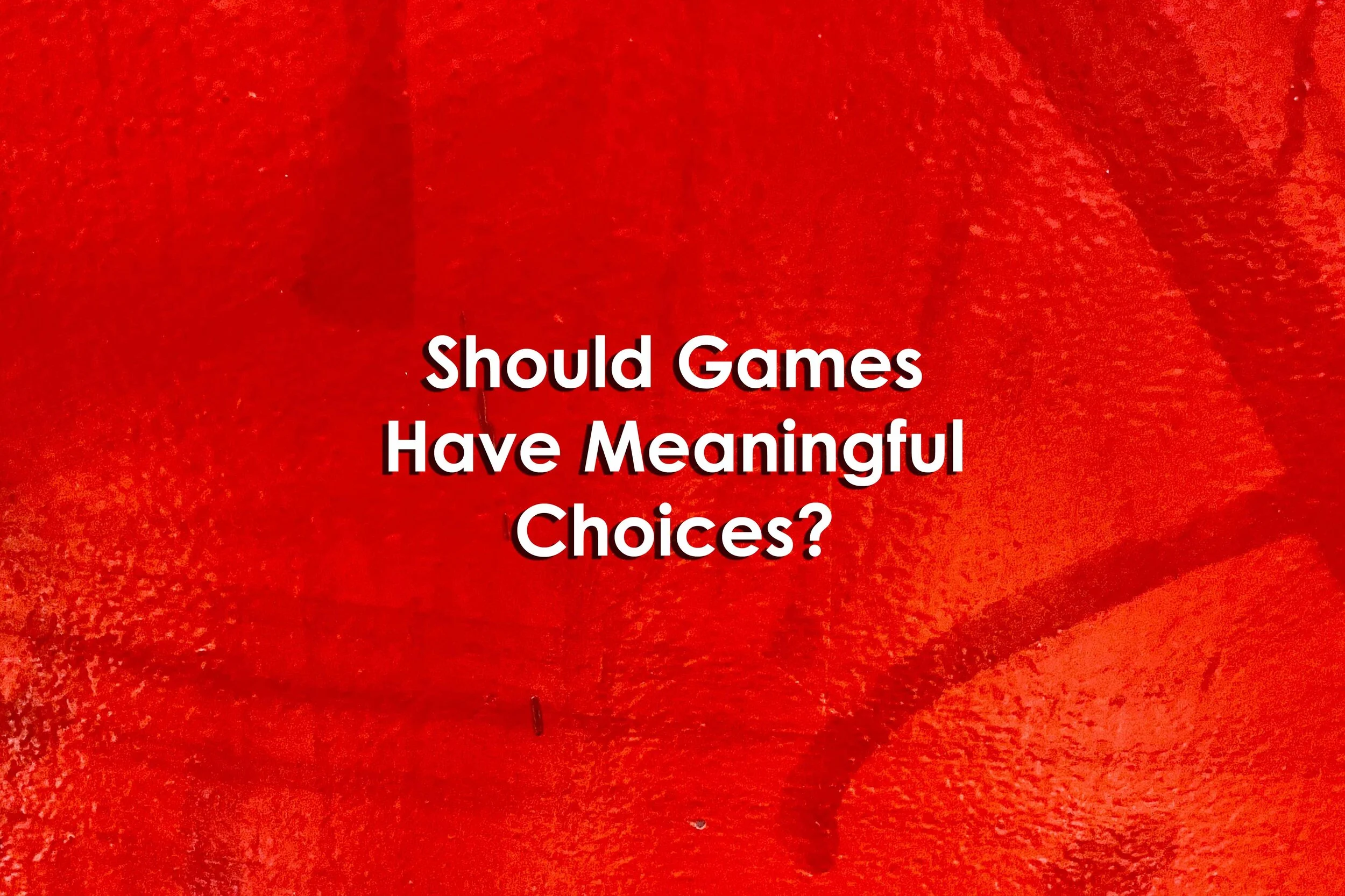Should Games Have Meaningful Choices?
Should Games Have Meaningful Choices?
Should Games Have Meaningful Choices?
By Peter M.J. Gross
February 18, 2021
Summary
Jon Ingold, co-founder of Inkle Studios, talked for almost 50 minutes before addressing the main question posed by the Writer's Guild of Great Britain: How do you make choices matter in video games? When he finally considered it, his answer was brief.
"Choices are a tool for getting the player to do two things: Firstly, to buy into the game and be hooked by it, and secondly, to take some responsibility for it." Honestly, it was how good professional education events play out - the real value came from hearing Ingold exploring the ideas behind the question and discussing the challenges of telling interesting stories.
"It's all there to make you feel like you've been moved through an experience, and that's the game," he said.
Rew Plotkin described Heaven's Vault as "a game with multiple middles." From a design perspective, Ingold opposes the idea of players having complete control over a story.
"If a player can just walk into a room and do whatever they want, then what's the point of playing this game?" He added, "You might as well play with Lego, because Lego does what you tell it to." Ingold prefers stories that respond to player decisions in ways that offer surprise and entertainment.
"I might as well be the game designer, I might as well just control the numbers under the hood." This contrasts with game designers who clearly indicate how the player's choices change variables within the game.
Josh Labelle's game, Tavern Crawler, successfully used such an approach to tie for first place in the 2020 Interactive Fiction Competition.
One attendee seemed to think it was clever to demand a direct answer to the event's question about making choices matter in video games, which seems like it misses the point.
Well-written games make conscious design choices to support a specific philosophy.
Ingold spent an hour describing the philosophy that guided his choices, and the event's moderator, Samantha Webb, did an excellent job of keeping the conversation moving to explore adjacent ideas about game design and the craft of writing.
Reference
Gross, P. M. J. (2021, February 18). Should Games Have Meaningful Choices? Gamasutra. https://www.gamasutra.com/blogs/PeterMJGross/20210218/377602/Should_Games_Have_Meaningful_Choices.php


